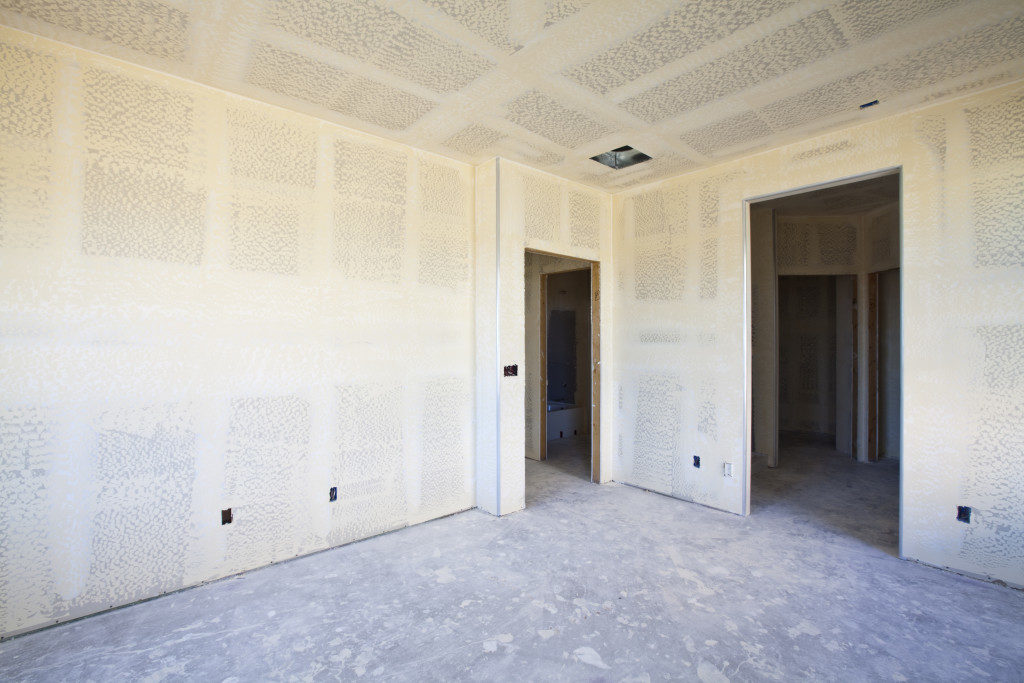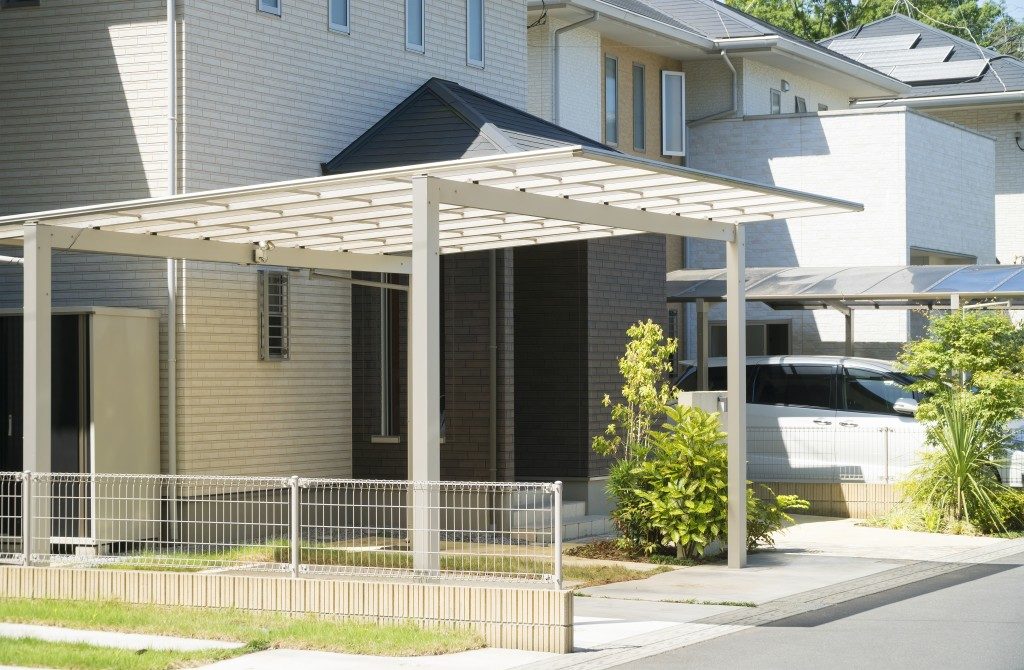Now that the UK is hunkering down due to the coronavirus pandemic, there’s one home project that owners may want to work on: soundproofing.
Investing in plasterboarding tools may be a good idea these days. After all, neighbourhoods may become noisier since more people spend time indoors. While the world may need to hear laughter and singing, not everyone can deal with it. Too much noise may also be bad for the health.
How Can Excessive Noise Affect Your Health?
Experts measure noise by decibels, and according to data, people can tolerate levels that are 75 and below. Exposure to these, even during prolonged periods, will not result in hearing damage or loss.
Unfortunately, many human-related activities can create noise higher than that level. Take, for example, vacuum cleaning. This appliance can produce over 80 decibels. Considering that the government encourages everyone to maintain proper hygiene, you may hear your neighbours vacuuming their carpet and floors more often than usual.
Even shouted conversations among family members and friends might already produce up to 95 decibels. That’s already the same level of noise when you are in the subway. The sound of a leaf blower may be 106 decibels, while a lawn mower is around 90 decibels.
Noise, especially at night, may result in a higher risk of sleep deprivation. A person may get fewer hours of sleep, or the sound may disturb their slumber and then struggle to go back to bed after.
Even a few nights of lack of sleep can already have a profound negative impact on health. It can increase the risk of heart dysfunction. It can also lower the immune system, which is terrible news in the middle of the pandemic.
Other studies show an association between lack of sleep and depression and anxiety, as well as stress and obesity. In an animal study in 2015, a single night of poor sleep could impair insulin sensitivity. The effects were similar to maintaining a high-fat diet for six months.
Noise may also affect children, particularly babies. They have smaller ear canals, so they are more sensitive to sound pressure. Background noises, including speech, may hinder the proper development of their comprehension and sound or language perception.
How Can Plasterboards Help?

Plasterboards are materials composed of an inner layer of gypsum and outer layer of specific types of paper. These boards increase acoustic insulation in a room. They also function similarly as wet plaster with some key differences.
One, these boards are easier to install than wet plaster. Brits who have at least necessary DIY skills can put them up. These boards are also more affordable, and you may purchase them in bulk more conveniently.
You can purchase plasterboarding materials and tools online. This setup is particularly helpful at this time when many hardware stores may have already shut down. It also limits consumer exposure to the outdoors.
Within the next few months, people in the UK may have to spend more time at home. It may be best to make the property as conducive to rest as much as possible by soundproofing.











